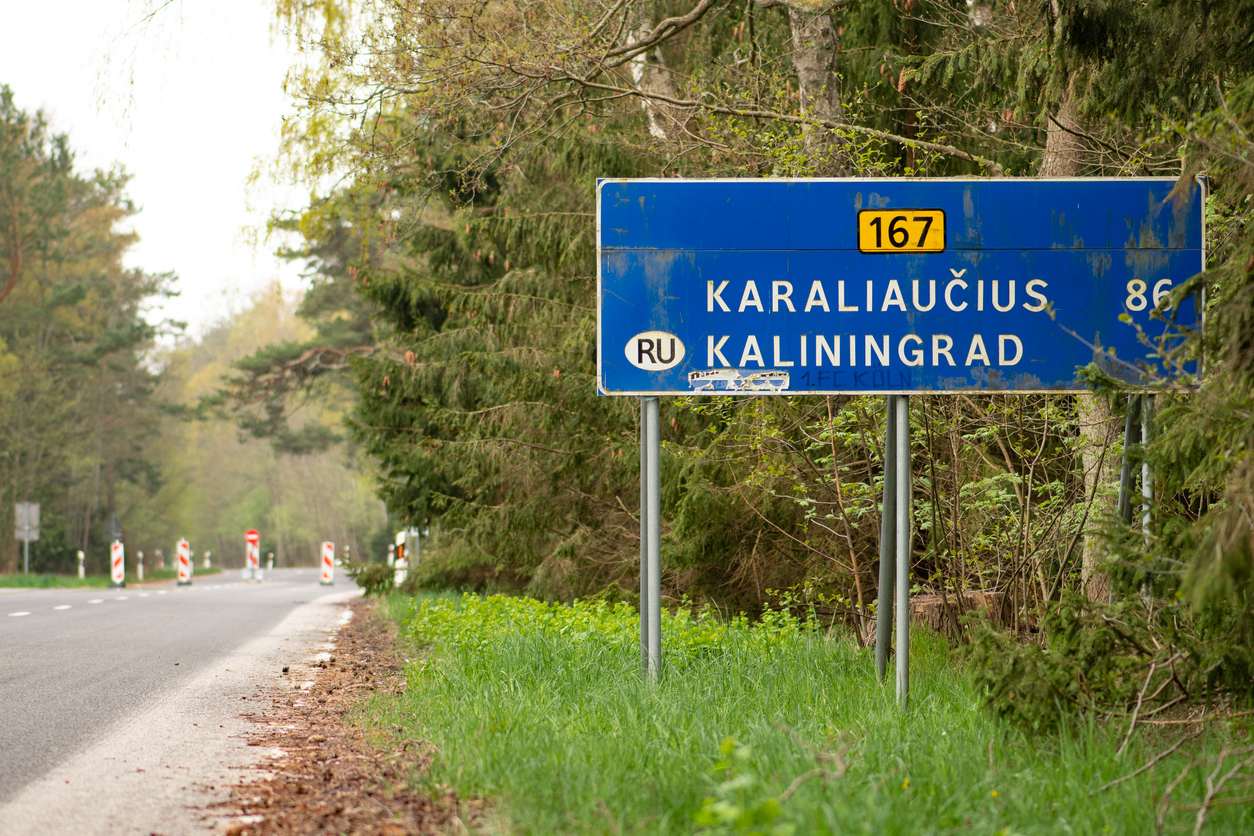WELCOME TO MY PAGE
Julia Fischer
RESEARCH INTERESTS

About me
I am a PhD candidate at the University of Lucerne. During the fall semester of 2024, I had the pleasure of conducting a visiting stay at CERGIC at ENS de Lyon, hosted by Mathieu Couttenier. Following that, I visited the research center IAE-CSIC/Barcelona School of Economics, hosted by Laura Mayoral and Hannes Mueller.
Prior to starting my PhD, I completed a research master's in Development Economics at Université Paris 1 Panthéon-Sorbonne and the PSME MSc in Economics program at Sorbonne. During my undergraduate studies, I pursued dual interests in economics and political science, earning a bachelor's degree in Economics from the Vienna University of Economics and Business and a bachelor's degree in Political Science from the University of Vienna.
In my research, I am passionate about applying the latest advances in applied economics to analyze conflict at various levels. I am particularly interested in understanding the factors that trigger conflict outbreaks, examining post-conflict developments, and exploring how conflict influences geopolitical risks and investment decisions.
Here my CV.
Research

Growth in the Aftermath of War:
Aid Effectiveness in Post-Conflict Locations
Single Authored
Working Paper
I investigate if foreign aid supports subnational development in post-conflict African countries and examine heterogeneous effects of the fighting intensity a district was exposed to by introducing a novel conflict intensity index. Employing a panel of 5418 African districts over a period from 1996 to 2015, estimates indicate the overall effectiveness of aid. However, depending on the intensity of experienced fatalities, the total impact on nighttime light growth is mitigated or even negative for post-conflict districts. Nevertheless, post-conflict districts experience a rebound effect through substantial additional growth in economic activity. Further, there is evidence for within-country spillover effects.

Borders at Risk: The Impact of Russian Aggression on FDI
with Manuel Oechslin
SSRN Working Paper
Russia's 2022 invasion of Ukraine increased the probability of a Russia-NATO confrontation in Eastern Europe. This paper explores to what extent the sudden rise in geopolitical risk has led multinational corporations to reduce greenfield FDI in Eastern European NATO members. We argue that any negative effect on FDI should increase with a location's proximity to Russia, as closer proximity facilitates access for the Russian military. Using georeferenced FDI data and a difference-in-differences design, we test this hypothesis empirically—with the post-February 2022 fall in a location's attractiveness for FDI as the treatment and proximity to Russia as the treatment intensity. We find that locations closer to Russia have indeed seen sharper falls in FDI, with the difference being economically significant. This finding is robust and unlikely to be driven by channels other than a change in geopolitical risk. We conclude that multinational corporations pay close attention to changes in location-specific security conditions.

Consolidating Power in Fragile States: Evidence from Afghanistan’s Poppy Ban
with Sydney A. Gordon
Work in Progress

UNDP Project - NTL Analysis on the Economic Consequences of Sudan Conflict 2023
with Giorgia Giovannetti and Tommaso Pacetti
Work in Progress
Teaching
2023 ─ Present
Tutorial Macroeconomics I - bachelor level
2023 ─ Present
Supervision seminar papers
2023
Seminar Recent Topics in Development Economics - masters level
